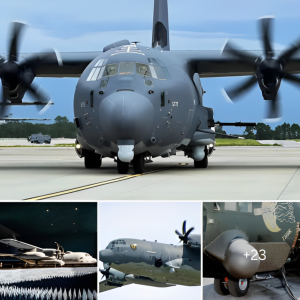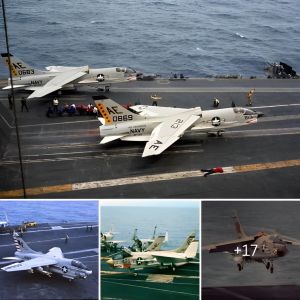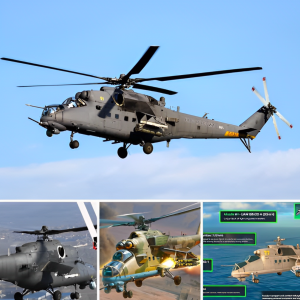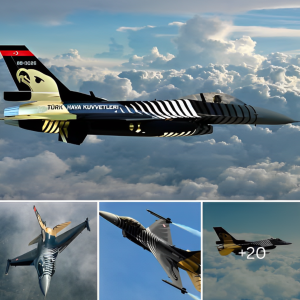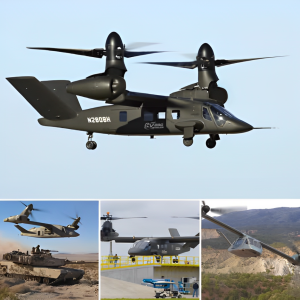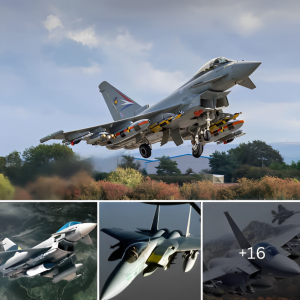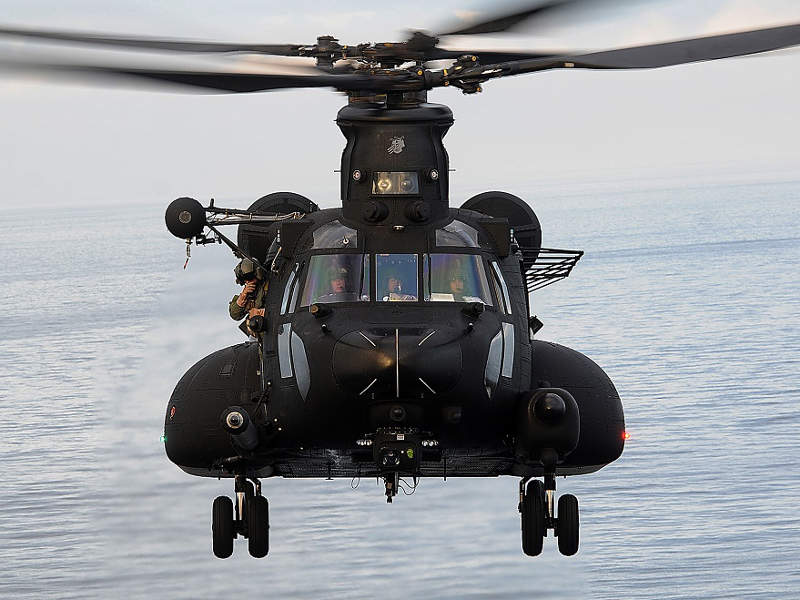
Get ready to be blown away (pun intended) by the sheer awesomeness of the MH-47G Chinook helicopter. It’s the ultimate weapon in the United States Army’s special operations arsenal. This highly adaptable bird is capable of a variety of situations, including resupply operations for special forces, long-distance infiltration, and exfiltration, to name a few. It has a ton of high-tech equipment, including cutting-edge avionics and task-specific gear. This has made it be quickly re-configured to meet various mission requirements. Overall, the US military’s MH-47G helicopter is a truly formidable machine and a valuable asset.
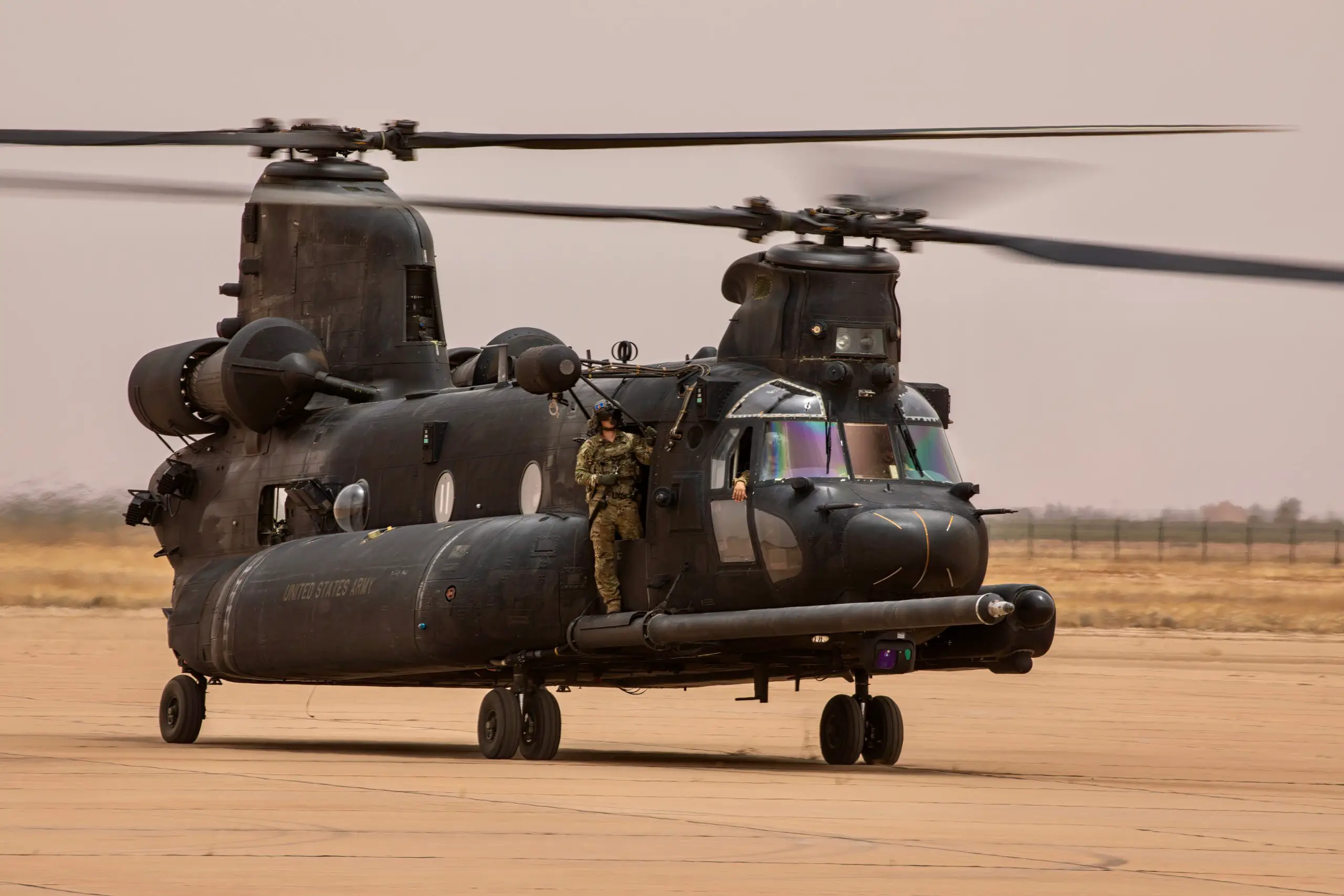
Improving an Old Design
Early in the 1960s, the US military unveiled the CH-47 Chinook, which quickly became a workhorse for its mission tasks. Soon, however, as special operations capabilities increased, it became clear that a more specialized Chinook model was needed. As a result, the Special Operations Aviation Unit of the US Army oversaw the creation of the MH-47G Chinook in the 1980s (SOAR).
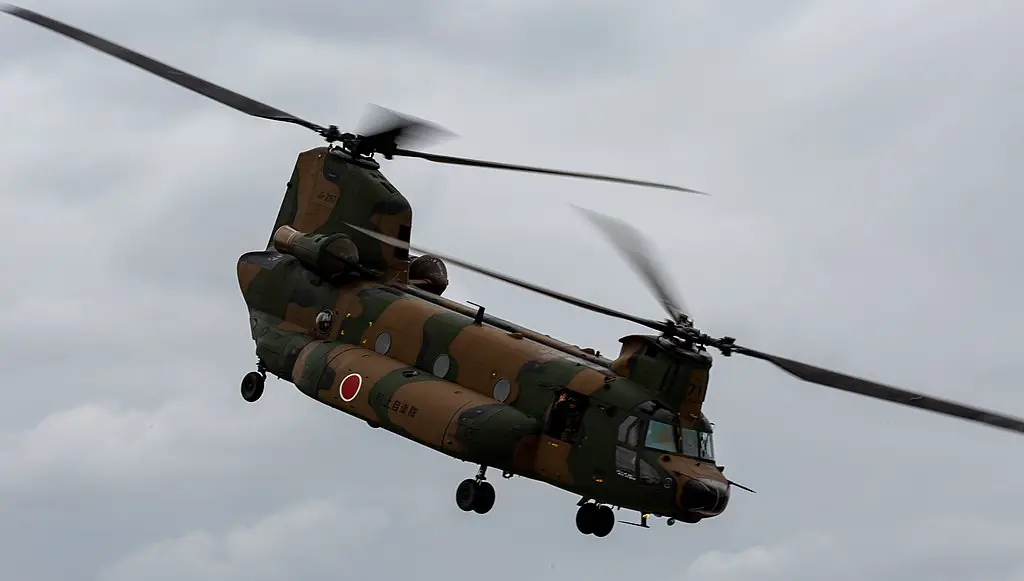
Midway through development in the 1980s, the first MH-47D variant was created. It had several modifications, including improved avionics and the inclusion of a refueling probe that allowed the helicopter to be refueled mid-air.
Video: Here Comes the New MH-47G Chinook Helicopter
It has undergone several upgrades and improvements to improve its performance and capabilities, including installing better engines, enhanced rotor systems, and mission-specific gear. The final result was a highly specialized machine designed to serve the special operations troops of the US military.
It’s Not Cheap
The helicopter, while very capable, ended up being quite expensive. It’s an expensive aircraft to manufacture and maintain due to its specialized design and mission-specific equipment. Budgetary restrictions and a cap on the number of aircraft the US military can purchase are the results of this.

The MH-47’s bulk and weight create additional difficulties. Due to its size and weight, the aircraft may not be able to function in some situations, such as crowded cities or landing strips. The size and weight can also increase its vulnerability to enemy fire and make getting it to and from the battleground more challenging.
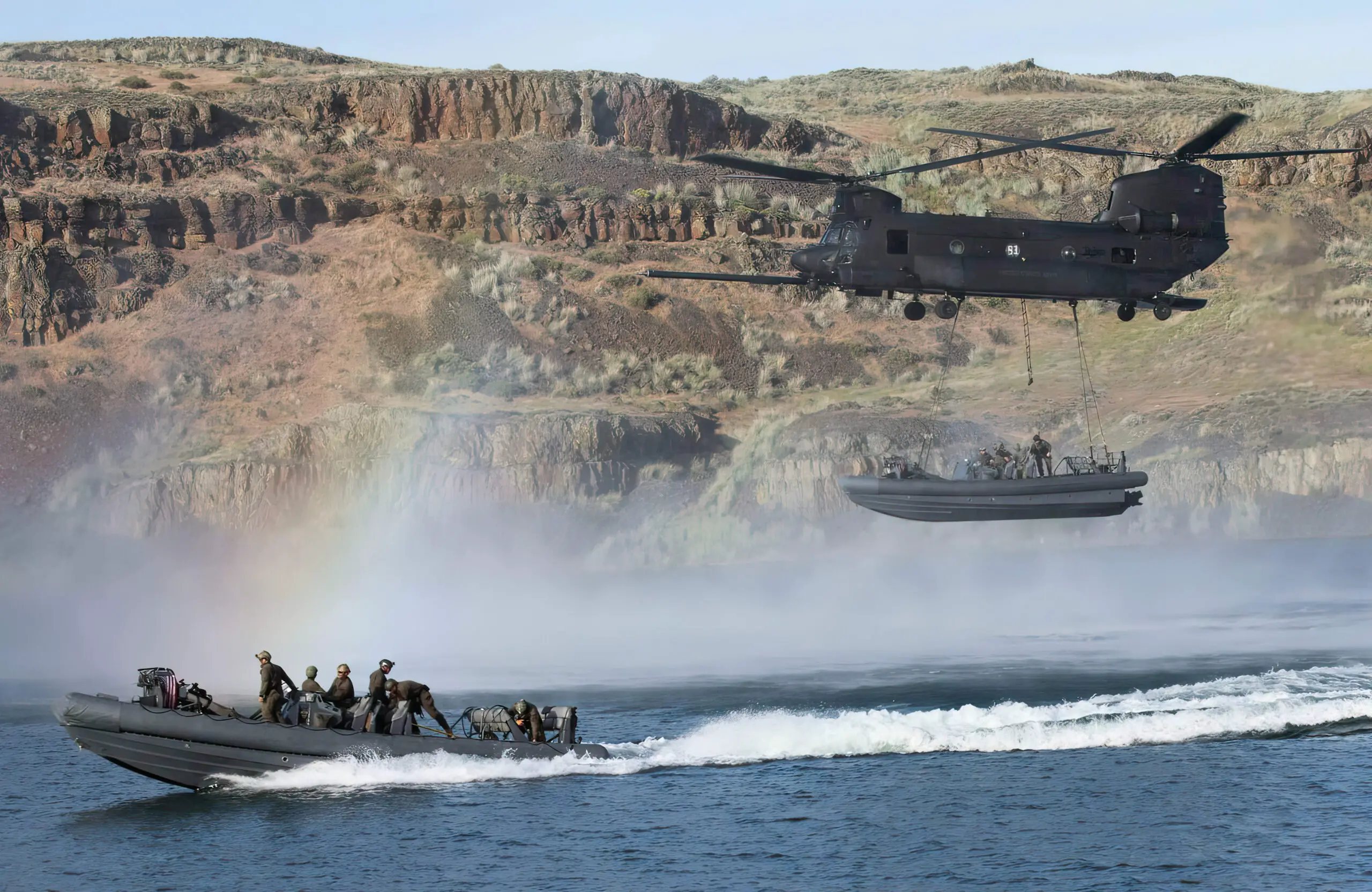
Taking Down Bin Laden and Other Feats
Since its debut, it has taken part in a number of noteworthy missions. Operation Neptune’s Spear, the mission that ended with Osama bin Laden’s demise, was one of the most well-known missions for the MH-47G. US Navy SEALs were flown by MH-47G helicopters to bin Laden’s compound in Abbottabad, Pakistan, during the operation, and they were also used to remove the SEALs and their looted items from the location. The accomplishment of this assignment proved the MH-47G’s capability to carry out crucial tasks in dangerous situations.
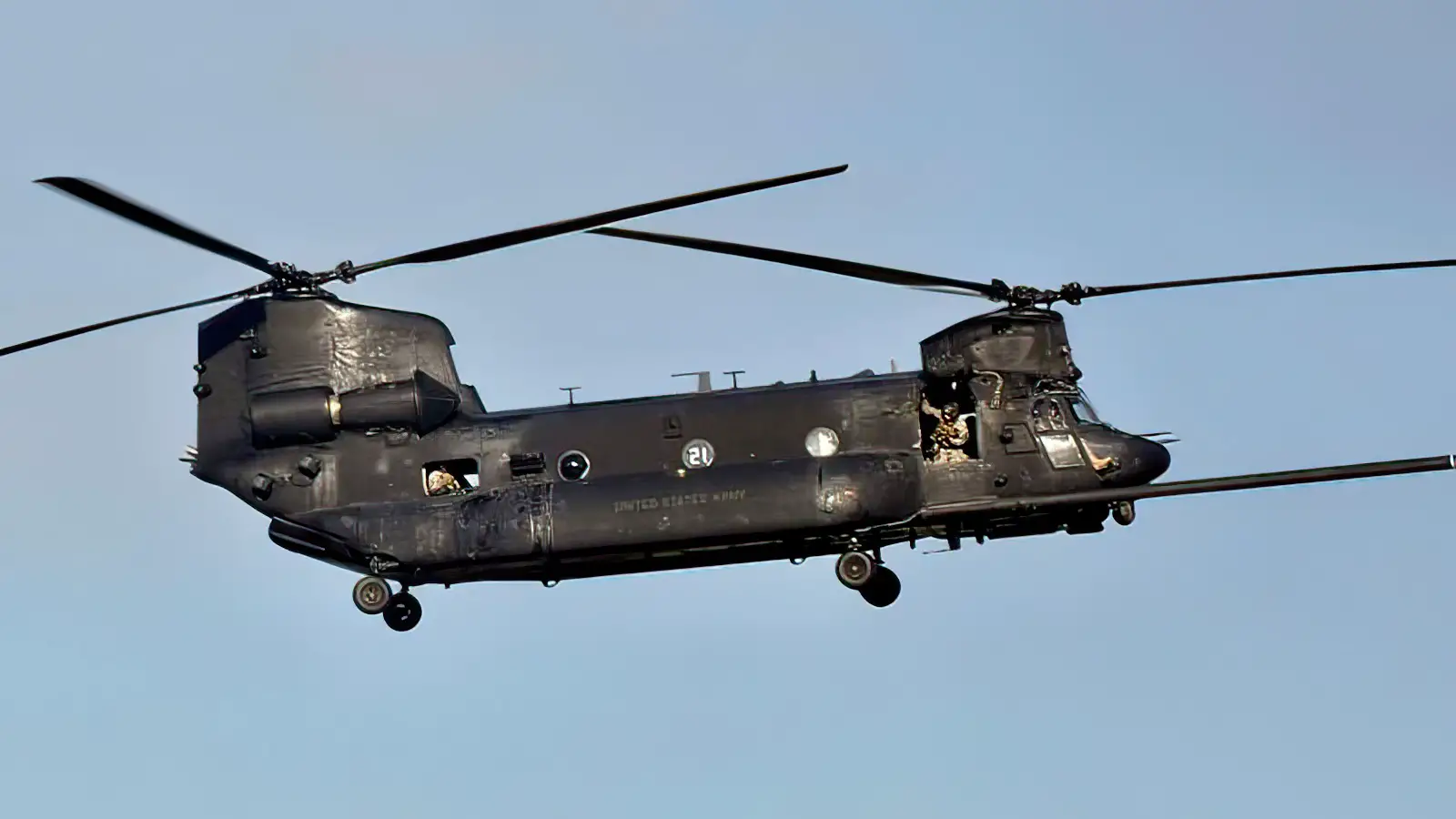
Operation Red Wings
Operation Red Wings was another exercise in which the MH-47G was essential. In order to collect information on Taliban activity, a squad of US Navy SEALs was sent into a remote region of Afghanistan. Three of the SEALs lost their lives in the ensuing fierce firefight after the squad was found and attacked by Taliban fighters. The team’s remaining members were saved and taken to safety using the MH-47G. This operation proved the MH-47G’s capacity to carry out rescue missions in dangerous situations.
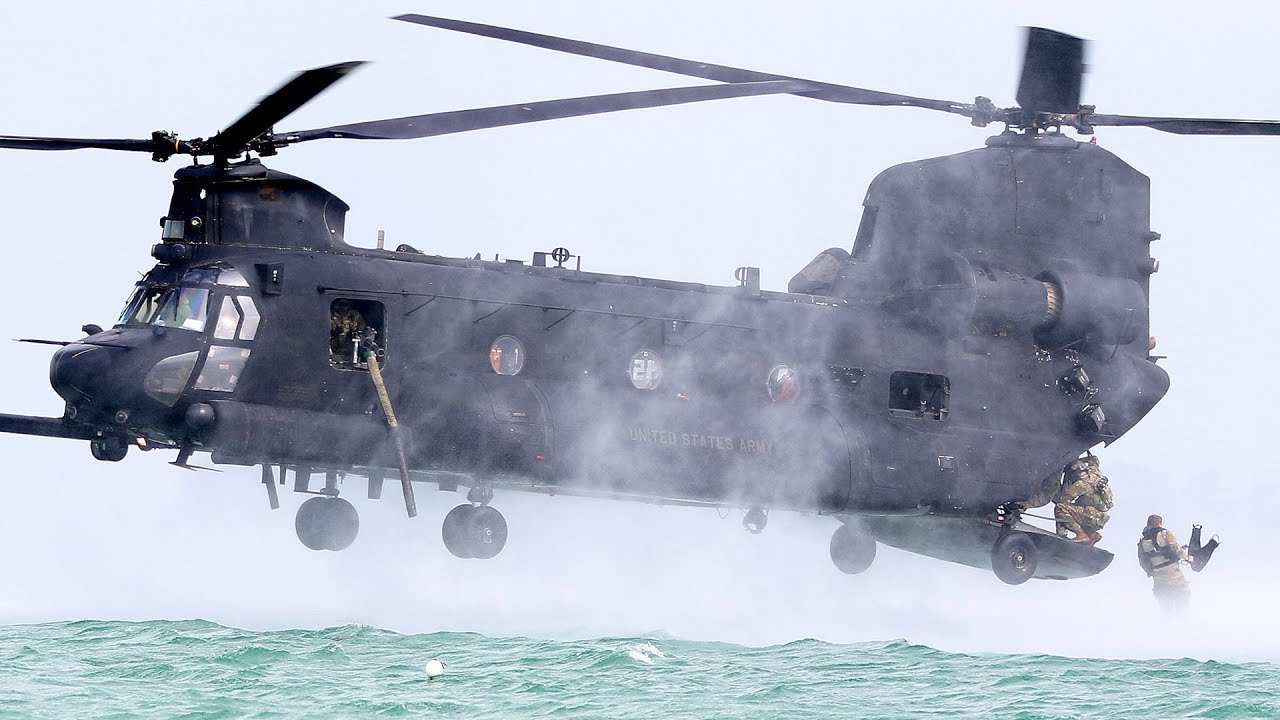
Additionally, the MH-47G has been heavily utilized in Afghanistan and Iraq. It was used in special operations troops in a variety of missions. It has proven to be a crucial asset for the US military in these conflicts thanks to its adaptability and ability to work in a variety of mission environments.
